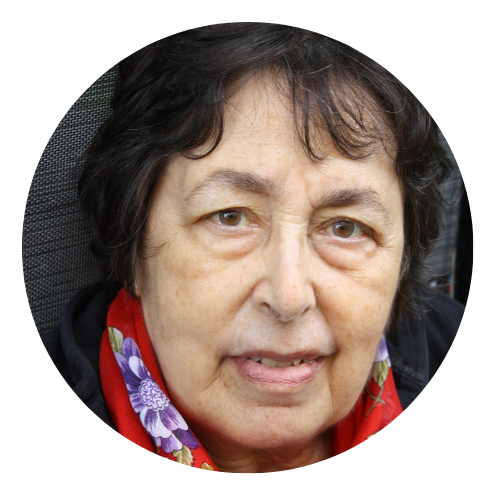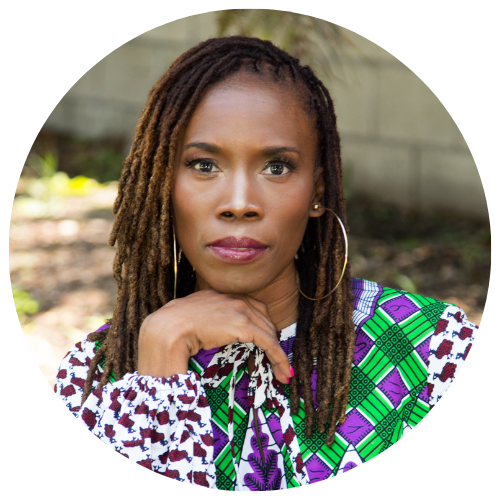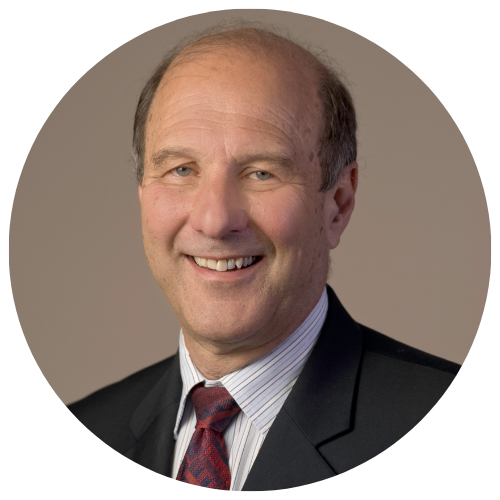Meet Our Plenary Speakers
Saturday, March 15, 2025 | 8:30 AM – 10:00 AM
Truth and Repair: How Trauma Survivors Envision Justice
Presenter: Judith Herman, MD

Bio: Judith Lewis Herman M.D. is Senior Lecturer in Psychiatry (part time) at Harvard Medical School. For thirty years, until she retired, she was Director of Training at the Victims of Violence Program at The Cambridge Hospital, Cambridge, MA. She is the author of the award-winning books Father-Daughter Incest (Harvard University Press, 1981), and Trauma and Recovery (Basic Books, 1992). She is the recipient of numerous awards, including a Guggenheim fellowship in 1984 and the 1996 Lifetime Achievement Award from the International Society for Traumatic Stress Studies. In 2007 she was named a Distinguished Life Fellow of the American Psychiatric Association. Her new book, Truth and Repair: How Trauma Survivors Envision Justice, was published in March 2023.
Saturday, March 15, 2025 | 10:30 AM – 12:00 PM
Applying Liberation Psychology to Trauma Recovery
Presenter: Thema Bryant PhD

Bio: Dr. Thema Bryant is the 2023 president of the American Psychological Association (APA). Dr. Thema Bryant completed her doctorate in Clinical Psychology at Duke University and her post-doctoral training at Harvard Medical Center’s Victims of Violence Program. Upon graduating, she became the Coordinator of the Princeton University SHARE Program, which provides intervention and prevention programming to combat sexual assault, sexual harassment, and harassment based on sexual orientation. She is currently a tenured professor of psychology in the Graduate School of Education and Psychology at Pepperdine University, where she directs the Culture and Trauma Research Laboratory. Her clinical and research interests center on interpersonal trauma and the societal trauma of oppression. She is a past president of the Society for the Psychology of Women and a past APA representative to the United Nations. Dr. Thema also served on the APA Committee on International Relations in Psychology and the Committee on Women in Psychology.
The American Psychological Association honored her for Distinguished Early Career Contributions to Psychology in the Public Interest in 2013. The Institute of Violence, Abuse and Trauma honored her with their media award for the film Psychology of Human Trafficking in 2016 and the Institute honored her with the Donald Fridley Memorial Award for excellence in mentoring in the field of trauma in 2018. The California Psychological Association honored her for Distinguished Scientific Achievement in Psychology in 2015. She is the editor of the APA text Multicultural Feminist Therapy: Helping Adolescent Girls of Color to Thrive. She is one of the foundational scholars on the topic of the trauma of racism and in 2020, she gave an invited keynote address on the topic at APA. In 2020, the International Division of APA honored her for her International Contributions to the Study of Gender and Women for her work in Africa and the Diaspora. Dr. Thema has raised public awareness regarding mental health by extending the reach of psychology beyond the academy and private therapy office through community programming and media engagement, including but not limited to Headline News, National Public Radio, and CNN.
Monday, March 17, 2025 | 10:30 AM – 12:00 PM
Dissociating Damage and Transcending Trauma
Presenter: David Spiegel, M.D., Willson Professor and Associate Chair of Psychiatry & Behavioral Sciences, Stanford University School of Medicine

Dr. David Spiegel is Willson Professor and Associate Chair of Psychiatry & Behavioral Sciences, and Director of the Center on Stress and Health and the Center for Integrative Medicine at Stanford University School of Medicine. He has published thirteen books, 431 scientific journal articles, and 175 book chapters on hypnosis, psychosocial oncology, stress physiology, trauma, and psychotherapy for stress, dissociation, PTSD, anxiety, and depression. His research has been supported by the National Institute of Mental Health, the National Cancer Institute, the National Institute on Aging, the National Center for Complementary and Integrative Health, and a number of foundations. He chaired the work group on Dissociative Disorders for the American Psychiatric Association’s DSM-IV and DSM-5 editions. He is Past President of the American College of Psychiatrists and the Society for Clinical and Experimental Hypnosis, and is a Member of the National Academy of Medicine. He spoke on hypnosis at the World Economic Forum in Davos in January, 2018. He is co-founder of Reveri, a digital interactive self-hypnosis app.

